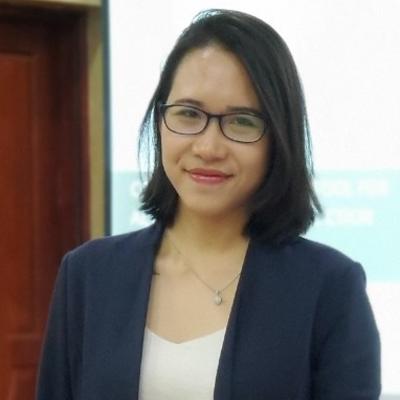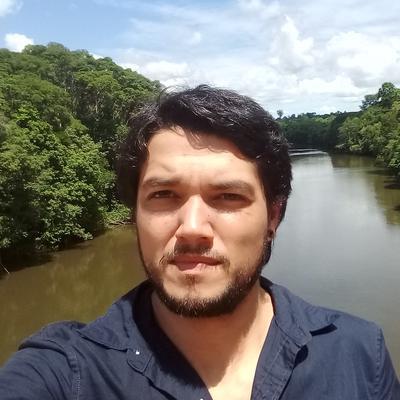Inclusive Digital Tools (ATDT)
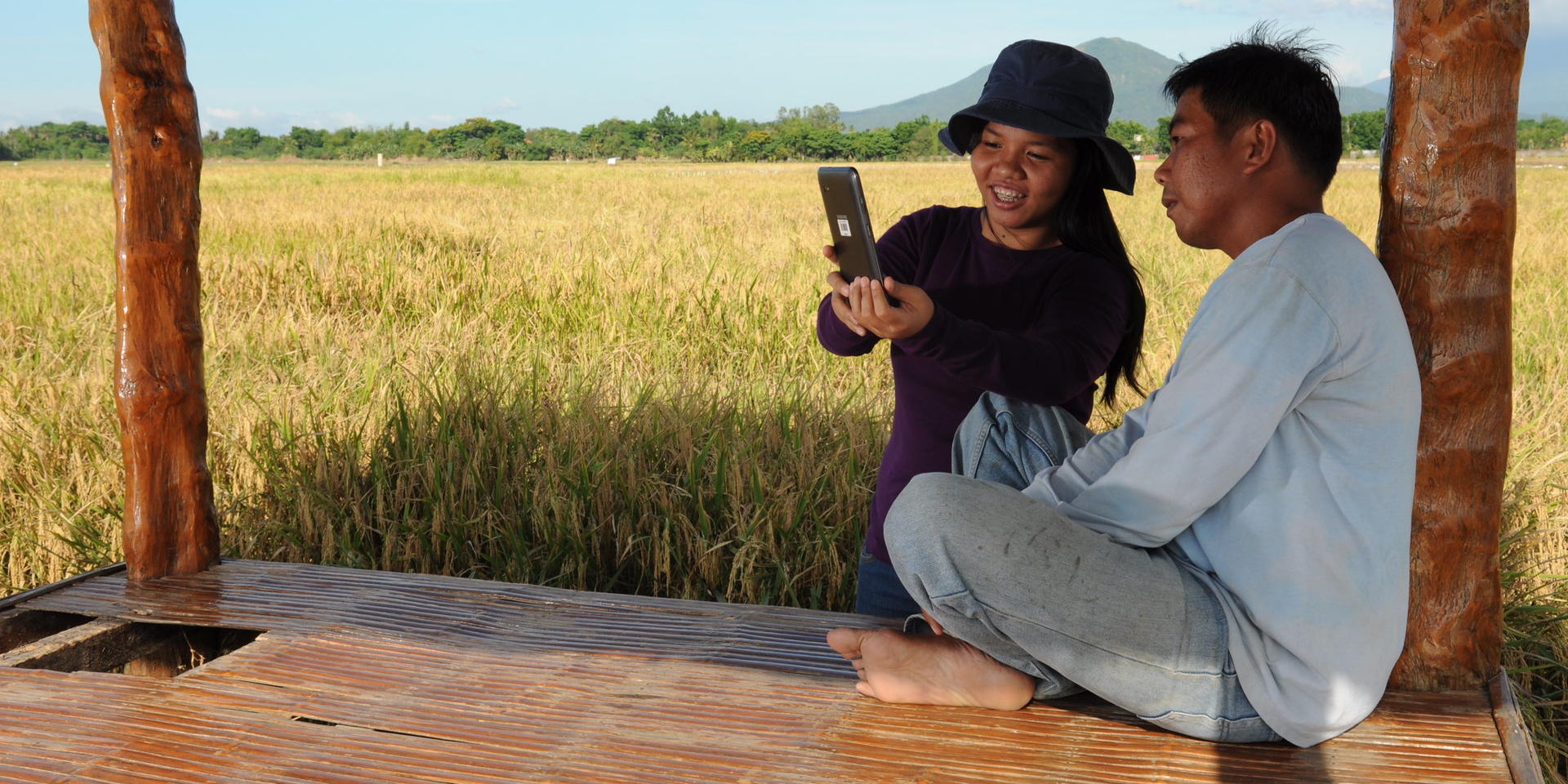
Joan Villoria, an agricultural extension agent, and farmer Angel Bautista using the Rice Crop Manager in Los Banos, Philippines.
©JP Sinohin (IRRI, 2013)
©JP Sinohin (IRRI, 2013)
A project of the Agroecological Transition Program for Building Resilient and Inclusive Agricultural Food Systems (TRANSITIONS)
Digital resources in agriculture are changing the way food is produced and have the potential to transform agriculture at large scales. Yet, digital tools are not widely used by smallholders, women, the rural poor and other marginalized groups in low- and middle- income counties (LMICs).
Involving farmers in the co-design of knowledge is a key principle of agroecology. If digital platforms are to be a major driver for scaling up agroecology, it is essential to support more inclusive use of tools and co-design of practices by farmers to address needs in LMICs. The ATDT Project will evaluate how farmers benefit from using improved digital tools and their potential to generate large-scale impacts for climate-informed agroecology (figure 1).
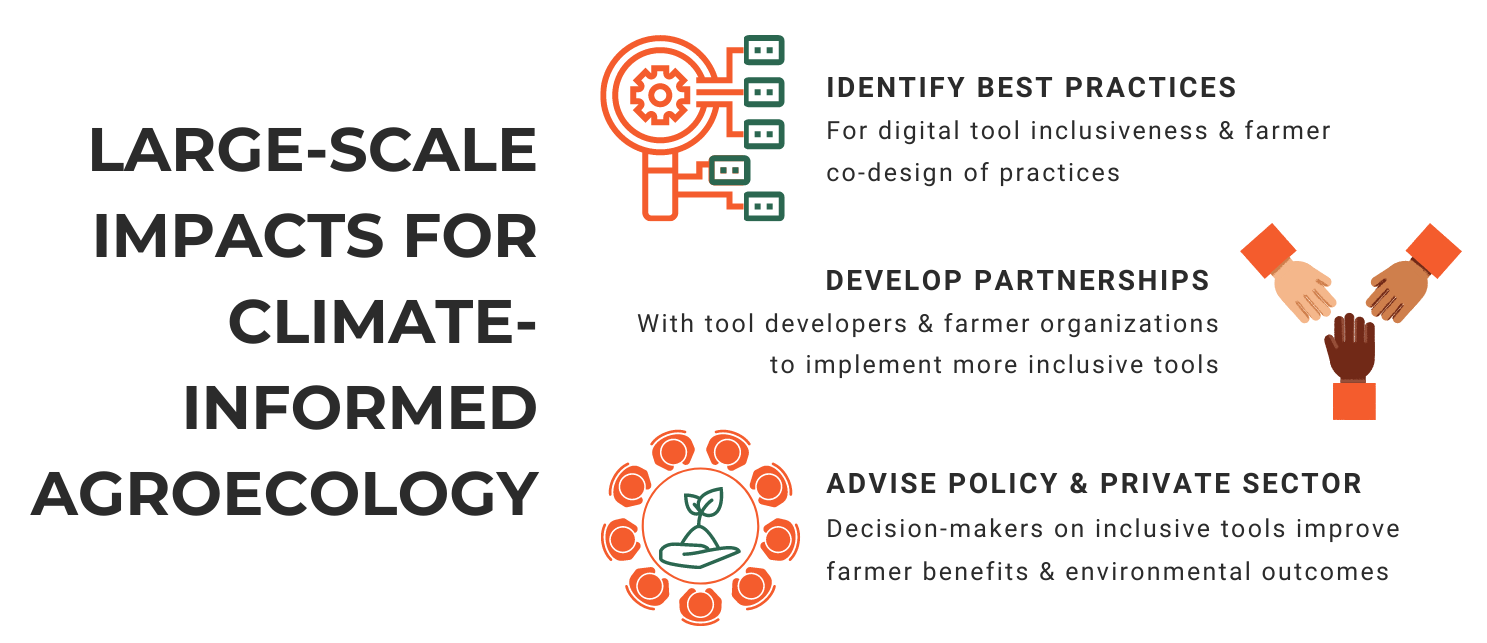
Figure 1. Levers of change to achieve large-scale, climate-informed agroecological impacts
Scaling climate-informed agroecological outcomes
Outcomes
The TRANSITIONS Digital Tools (ATDT) project will promote innovations related to digital tools and their interfaces that enhance inclusiveness, integrate climate change resilience and mitigation with agroecological aims, and enable farmers to develop new practices (see figure 2).
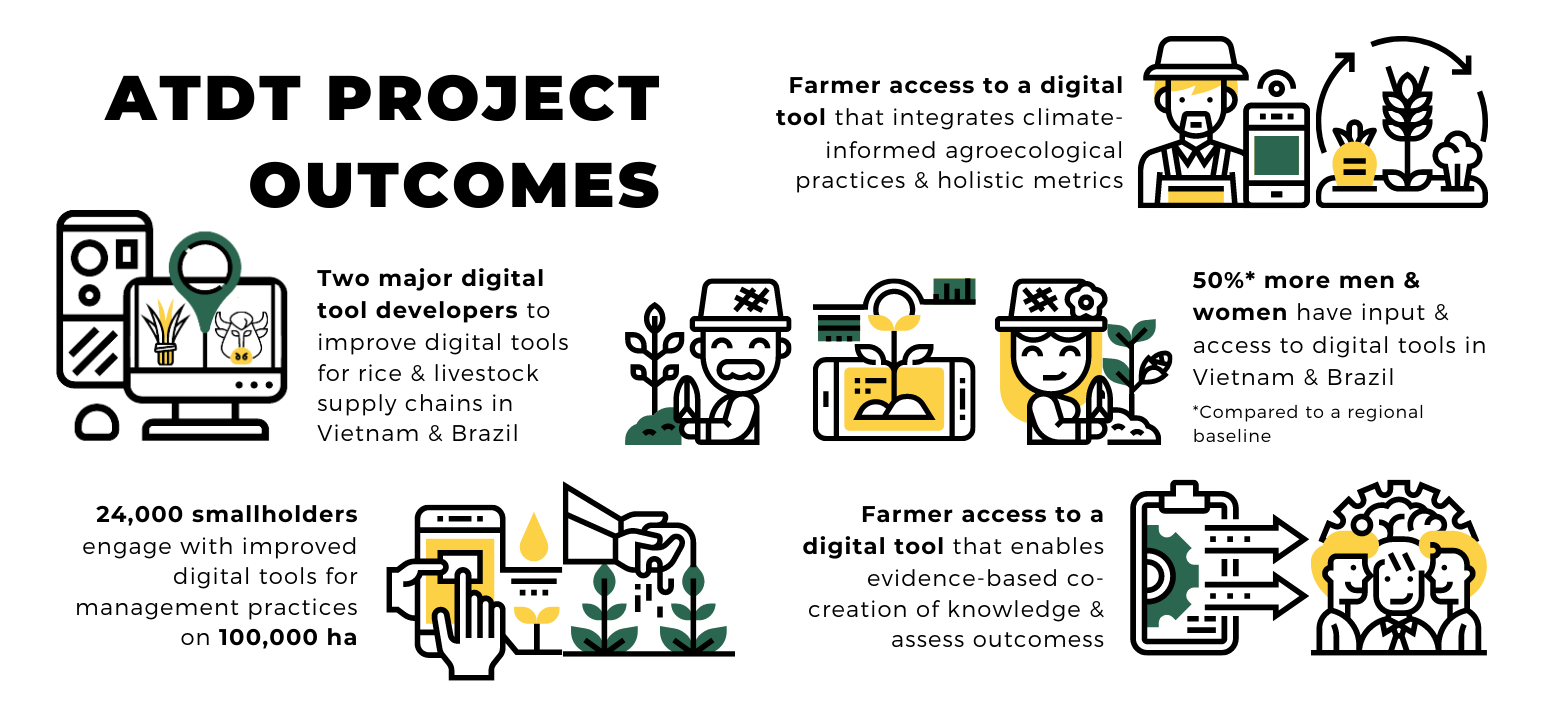
Figure 2. Expected outcomes from the ATDT Project
Rice systems in Vietnam: Mekong River Delta
Sustainability standards are prominent within Vietnam in higher-value crops, like coffee and cocoa. However, they are less prevalent in staple crops, like rice. To address this in Vietnam’s Mekong River Delta region, the International Rice Research Institute (IRRI) and local stakeholder partners, will support the development, design, and improvement of digital tools facilitating agroecological practices for rice farmers. The Vietnam team and IRRI will focus research on advanced farming packages that promote agroecological production and reduce greenhouse gas emissions while enhancing farmers’ income.
Livestock landscapes in Brazil: Pará & Mato-Grosso
The Brazil team, will support improved use of good agronomic practices and traceability tools for incentives to smallholders and recognition of their production practices along the Amazon agriculture frontier of the states of Pará and Mato Grosso, Brazil. The Brazil team will review the inclusivity of existing tools, map and systematize knowledge on production practices, and influence tool access, design and improvement to support agroecological transitions.
Activities and outputs
To achieve it’s goals, the ATDT Project has strategically planned activities and outputs to assess the global and site specific digital ecosystems, improve digital tools to engage farmers in the co-creation of knowledge, and test and evaluate digital tool innovations for scaling up climate-informed agroecological outcomes (see figure 3). Find a list of outputs by the ATDT Project here.
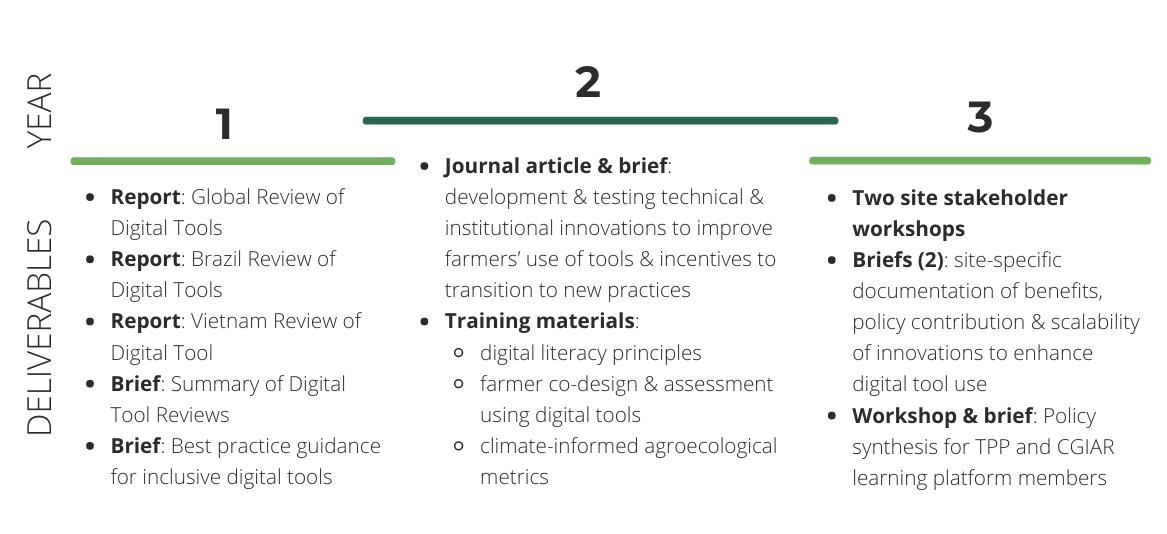
Figure 3. Planned activities and outputs across the 3 years of project implementation
Part of a bigger picture: Agroecological TRANSITIONS
Agroecological approaches are increasingly promoted as a means to improve sustainable development outcomes of food systems to ensure regenerative use of natural resources and ecosystem services while addressing the need for more socially equitable decision-making.
In LMICs, agricultural investment remains a priority for economic development. Climate-informed agroecological transitions require supporting farmers to shift to more intensive production systems, while minimizing negative ecological and human impacts.
Yet, supporting farmers to make the transition to agroecology globally has been constrained. The CGIAR’s Program on Agroecological Transitions for Building Resilient, Inclusive, Agricultural and Food Systems (TRANSITIONS) aims to address these constraints by enabling climate-informed agroecological transitions by farmers in LMICs through the development and adoption of holistic metrics for food and agricultural systems performance, inclusive digital tools and transparent private sector engagement. Learn more about the Agroecological TRANSITIONS program here.
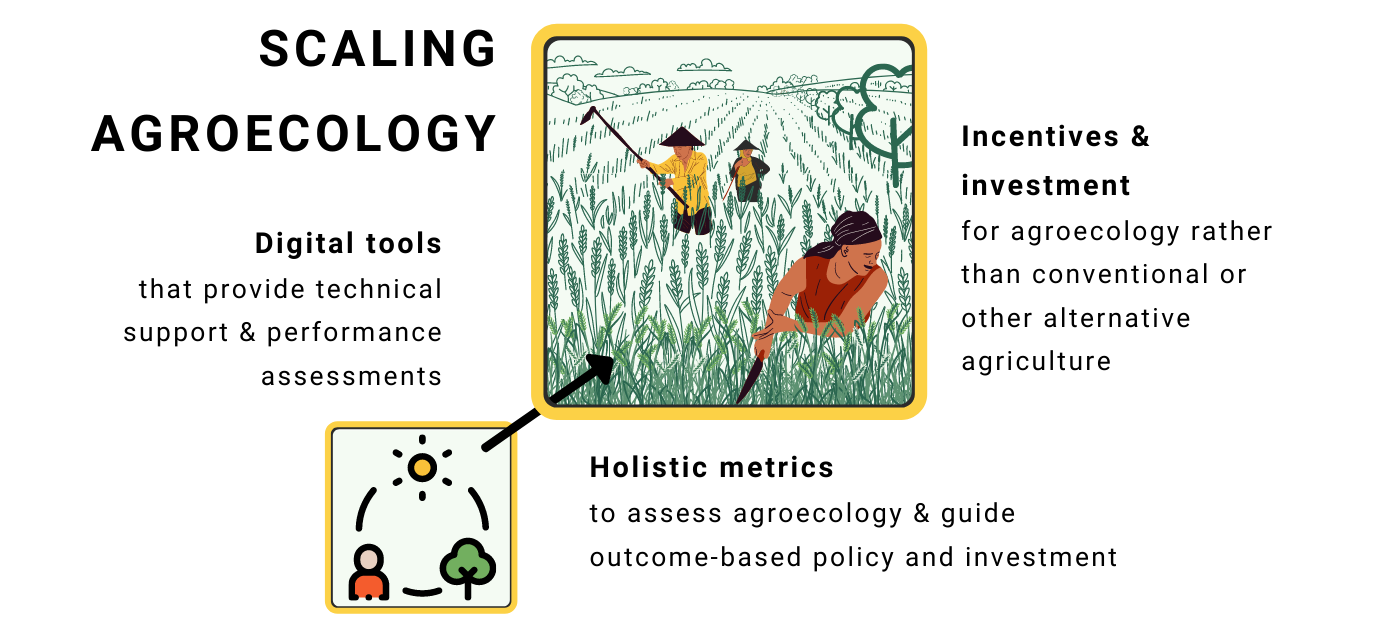
TRANSITIONS Scaling agroecology
Further Resources
Alliance Multifunctional Landscapes
Alliance Agroecology Nexus
AgLEDx Resource Platform for Low-Emissions Development
Transformative Partnership Platform on Agroecology (TPP)
OneCGIAR Initiative: Transformational Agroecology Across Food, Land and water Systems
Alliance Research on Improving Food Systems Through Agroecology
Partners and Funding
Partners
Alliance of Bioversity International and the International Centre for Tropical Agriculture (CIAT)
University of Vermont & Gund Institute for Environment
Duration
2021 - 2024
Funding
EU-IFAD
Information and contacts
Learn more about the TRANSITIONS Program and Projects here.
For more information, please contact: Sadie Shelton, Communications Officer, ATDT, University of Vermont and The Alliance of Bioversity International and CIAT.
The header photo was taken by JP Sinohin (IRRI, 2013) and shows Joan Villoria, an agricultural extension agent, and farmer Angel Bautista using the Rice Crop Manager in Los Banos, Philippines.







